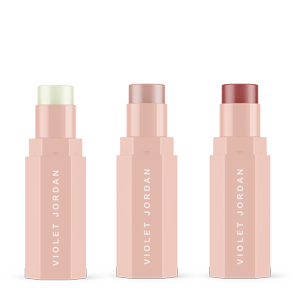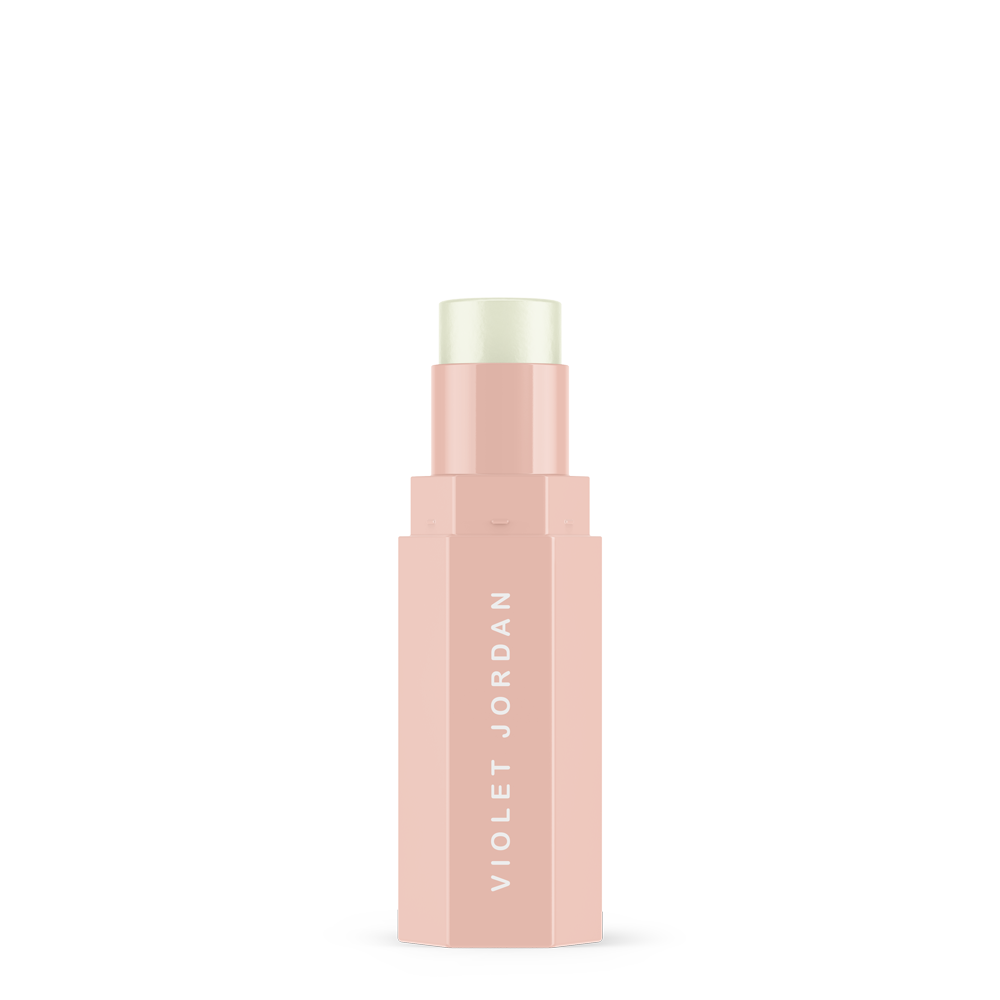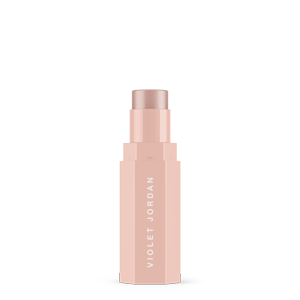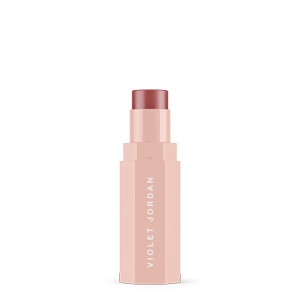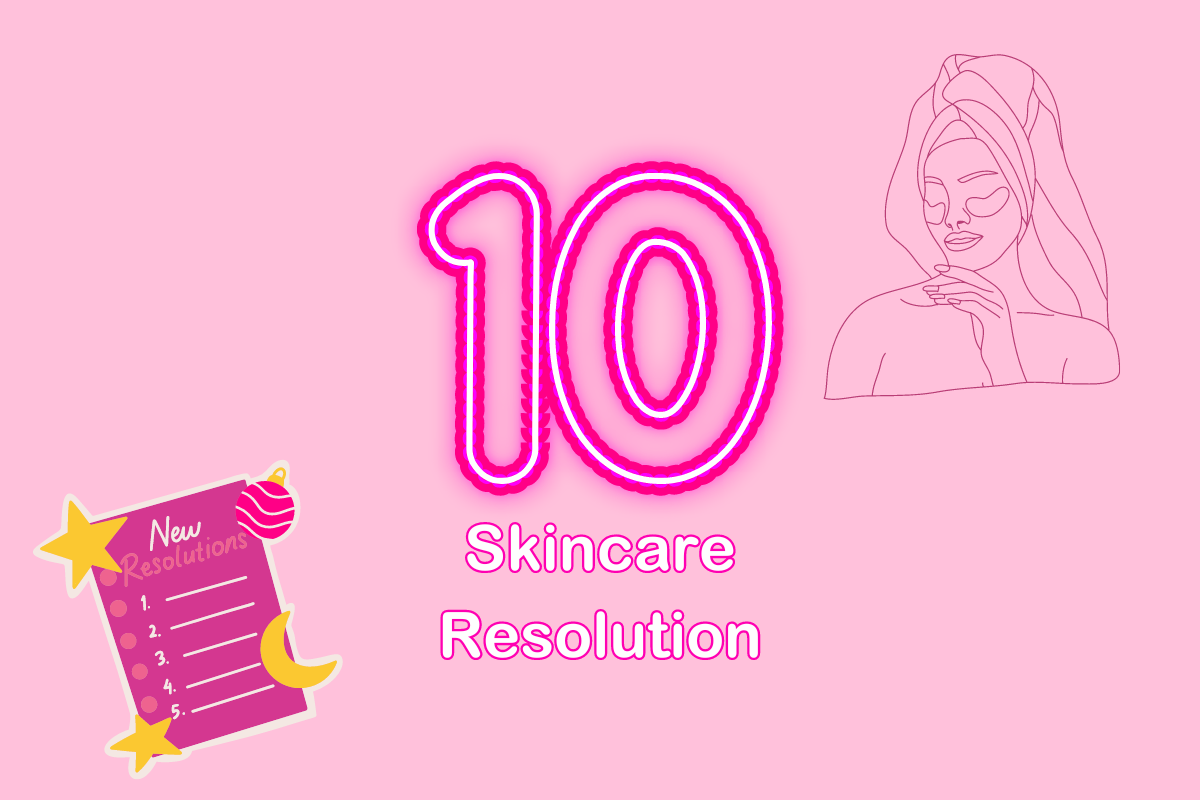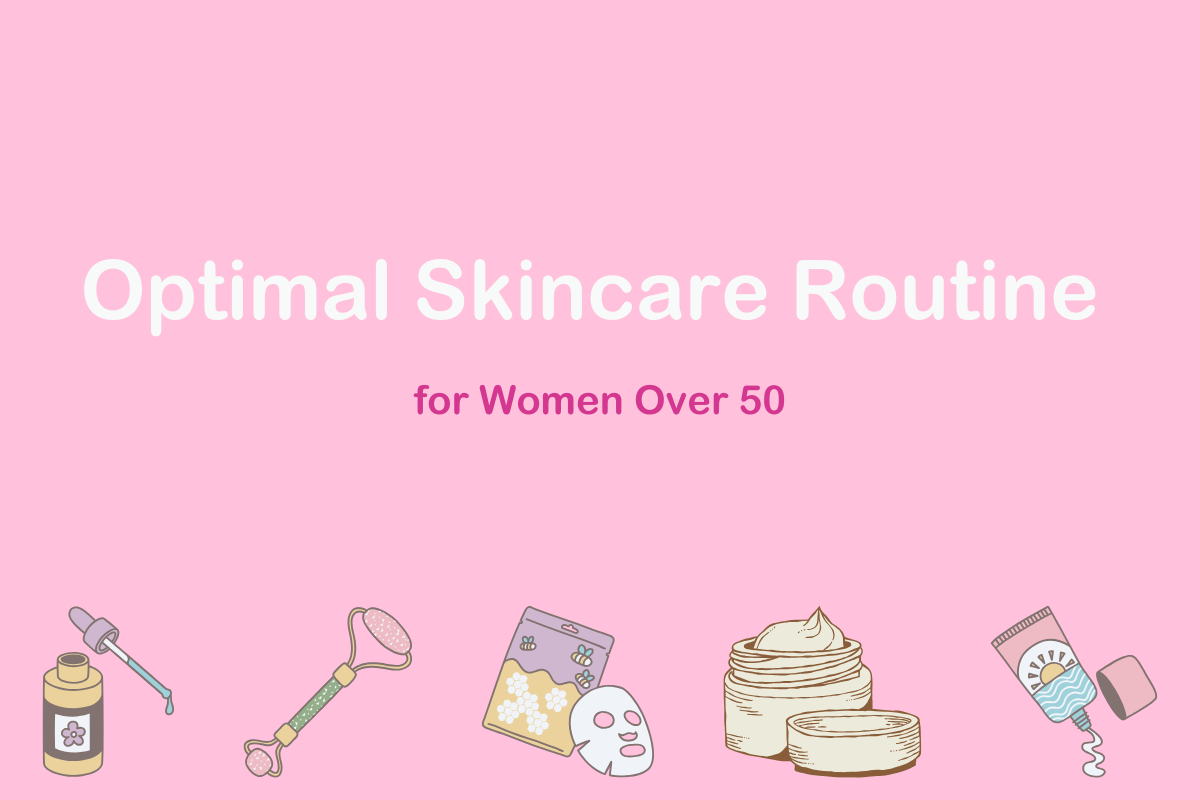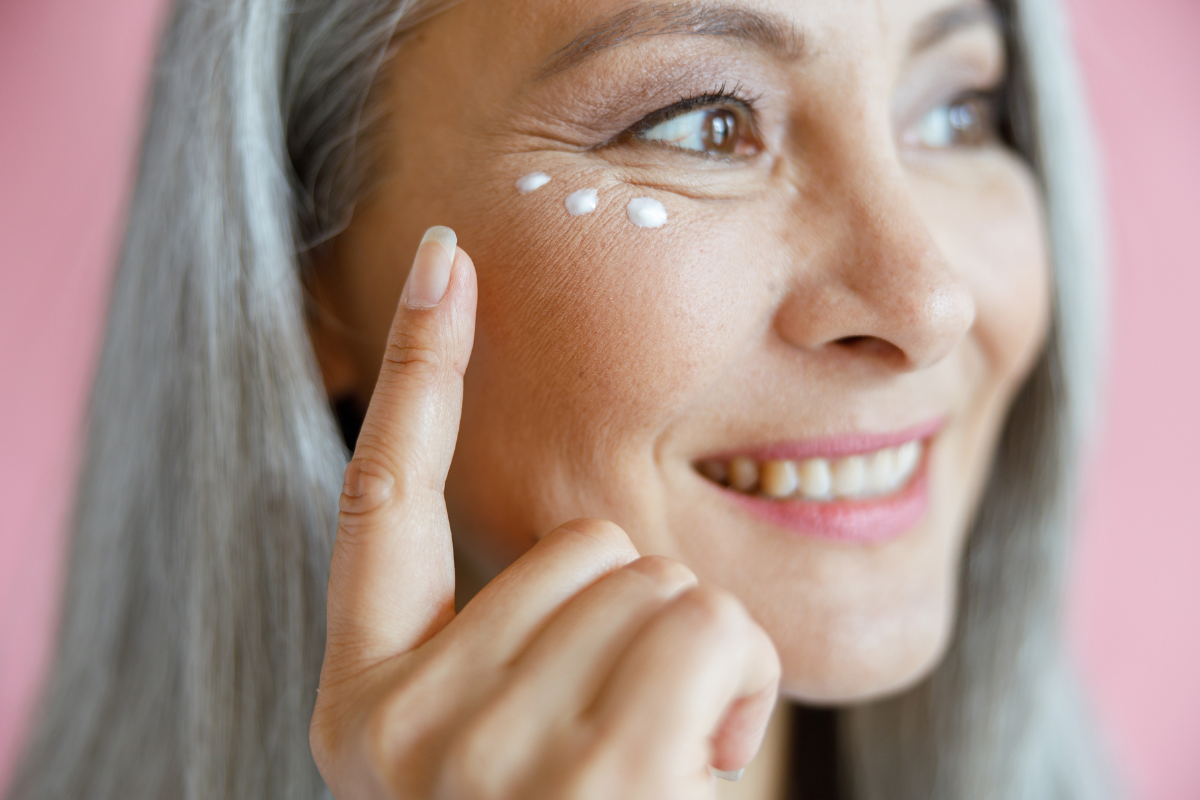
You’ve probably heard about “beauty sleep.” It’s often used as a euphemism before someone gracefully leaves a party or ends a phone call in favour of getting some rest.
Sleep is good for many reasons. It helps your body get the rest it needs so you can function at your best each day. It also aids in virtually every other major function in the body. It also plays an important role in healthy hair and skin. If you have not done so, consider how improving the quality and quantity of sleep you get to see significant results and improvement in your skin and hair.
1. Collagen Production
With more time to sleep comes an opportunity for cells to repair themselves properly, which may increase the amount of collagen produced by your body naturally and assist in having stronger and healthier hair and nails.
Sleeping helps to encourage flushing out old skin cells from the pores and hair follicles, as well as replacing these more efficiently. Good sleep helps maintain and balance the body’s natural moisture distribution. Cells that are hydrated produce more collagen, which makes your skin glow, your hair look healthier, and your nails stronger.
“Sleep is critical for your body’s regenerative processes. All the cells in your body, including hair follicle cells, are repaired and regenerated during this time. Sleep also activates growth hormones and enzymes to build proteins essential for strong, healthy hair and proper growth. Lack of sleep not only stunts this time for growth and renewal but also weakens your immune system and ability to absorb nutrients needed to produce healthy hair. Without proper nutrient absorption, hair volume, shine, and condition are all compromised.” - Maryam Tantawy, a director of innovation for a supplement focused on hair health.

2. Reduced Wrinkles
Getting only 4 to 5 hours of sleep per night can lead to twice as many lines and wrinkles as sleeping 7 to 9 hours would. During the sleep process, the body secretes human growth hormones that help to boost the production of collagen (protein that your skin cells need to remain supple and plump looking) in your body. The increased amount of collagen produced helps to minimise the onset of the worsening of wrinkles.

3. Reduces Dark Circles
Puffy eyes are one of the first signs of not getting enough sleep. Blood flow increases while you sleep, helping blood to flow through the under eye area. When you aren’t sleeping, blood can collect and become visible under the eyes, making dark circles more visible. Therefore a lack of sleep can make under-eye issues worse.
4. Sleep Aids In Wound Healing
While you sleep, the body goes through several stages of rest and repair. REM (rapid eye movement) sleep helps with muscle recovery after exercise by restoring glycogen stores in muscles.
Sleep also plays an important role in bone growth and maintenance. It's believed that one reason older people tend to have weaker bones in comparison to younger people ones is because they don't get enough deep NREM (non-rapid eye movement) or REM sleep.
Sleep is important for skin health, including healing. When you're sleeping, your body has the chance to repair itself and heal from any damage that may have occurred during the day. This includes repairing damaged skin cells and tissue as well as helping fight off infections (like acne).
A good night’s sleep helps your body rejuvenate, promotes cell repair, and combats the signs of ageing. So, next time you're tempted to stay up late, remember that beauty sleep is more than just a phrase. Prioritise your rest, and watch your skin, hair, and nails thank you for it!


